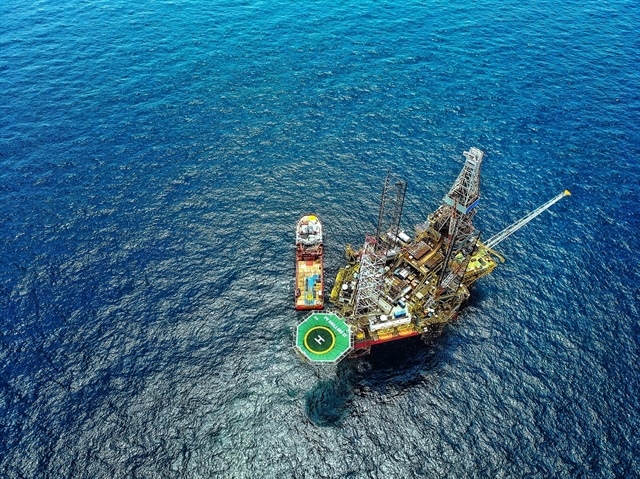Foreign firms buy into mergers
Foreign firms buy into mergers
Foreign firms control 75 per cent of mergers and acquisitions (M&A), Nguyen Quoc Viet, deputy general director of AVM Viet Nam Company, said yesterday.

Viet told an Industrial Investment Promotion through M&A conference held in Ha Noi that the foreign companies acknowledged Viet Nam’s growth potential and were ready to implement deals with high prices thanks to their capital advantages.
“They expect double or triple digit growth for consumption and retail sectors,” he said, adding that Viet Nam had huge potential due to its rapid integration into the world culture of young people.
He said foreign investors would buy at high prices knowing they could get better yields in a few years by improving money flow and administration.
“M&A activities in Viet Nam in recent years have rapidly increased in number and economic value,” he added.
Last year, the total value of M&A deals in Viet Nam reached a record level of US$5.82 billion with an annual growth rate of 12 per cent. However, most M&A deals in 2016 had a modest value of less than $20 million each. There were two big deals valued at more than $1 billion.
In the first quarter of this year, total M&A deals fell by 25 per cent from the same period last year to $1.1 billion.
The sale of 343.6 million shares or a 53.6 per cent stake in the Saigon Beer, Alcohol and Beverage Corporation (Sabeco), brought an estimated VND110 trillion ($4.89 billion), making it the biggest deal so far. The deal will bring the total value for M&A deals in the country this year to $8 billion.
Vu Ba Phu, director of the Viet Nam Trade Promotion Agency (Vietrade) said many foreign investors poured capital into Vietnamese listed firms to realise long-term targets of getting a toe-hold in the country.
Of these, investors from Japan, South Korea and Thailand had been investing in consumer goods, financial services, retail, distribution and building materials.
“However, there were not many deals from big investors in the EU and north America, which are considered to have big potential. This is why Viet Nam should further promote international investment,” Phu said.
Viet Nam’s industrial sector has seen strong development. The average index of industrial production (IIP) growth rate has been more than 7 per cent a year since 2012.
Metal production posted an 18 per cent increase in 2016, following by electronics and computers at 13 per cent.
Figures from the General Statistics Office showed that the IIP in the first 11 months of the year posted 9.3 per cent year-on-year rise.
“The figures reveal that Viet Nam’s industrial sector has been in strong growth. If local industrial firms promote co-operation with foreign companies that have high technologies and professional management, they have opportunities for further development,” he said.
Tran Kim Oanh, director of the Vietrade’s Centre for Industry and Trade Investment Promotion, said many Vietnamese companies built long-term development strategies, but M&A was one of their most important tools.
“Local investment funds have seen development both in quantity and scale, thus contributing to more M&A deals. With the advantage of deep understanding of the domestic market, investment promotion through M&A should pay more attention to potential local firms,” Oanh said.




























